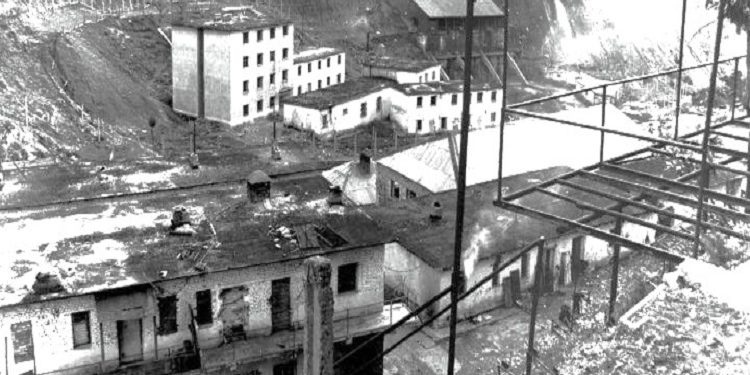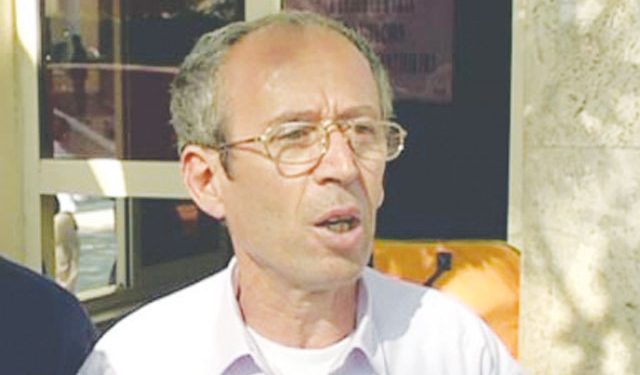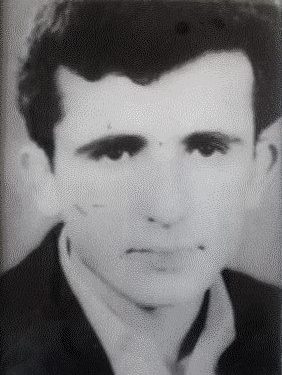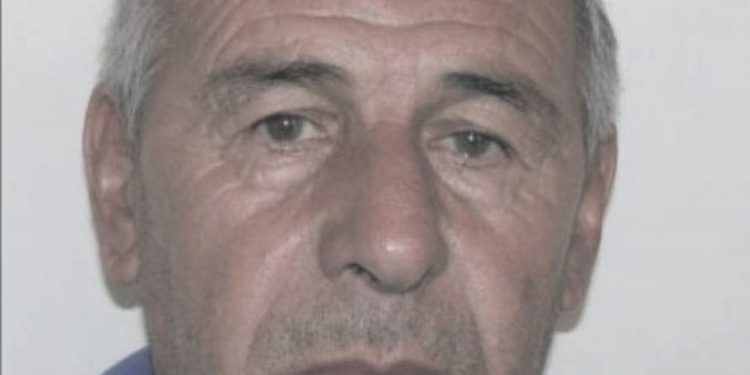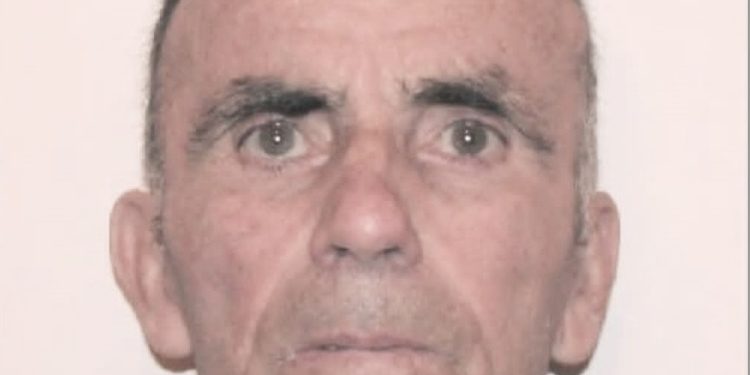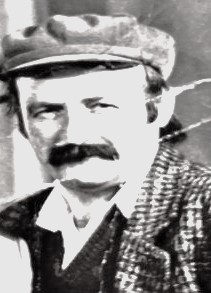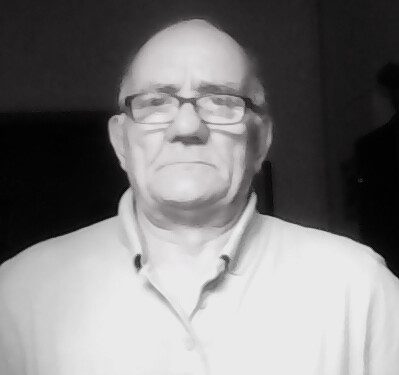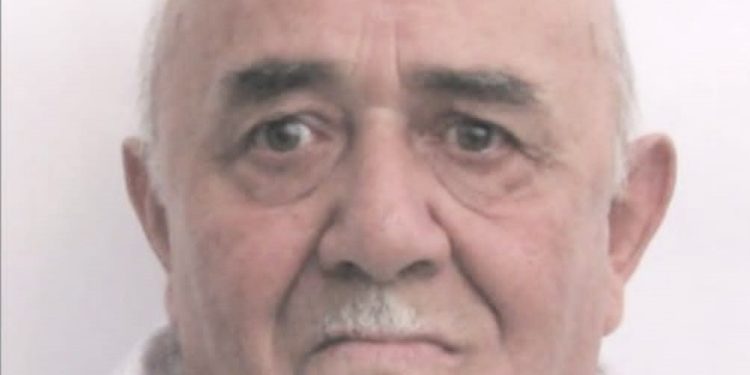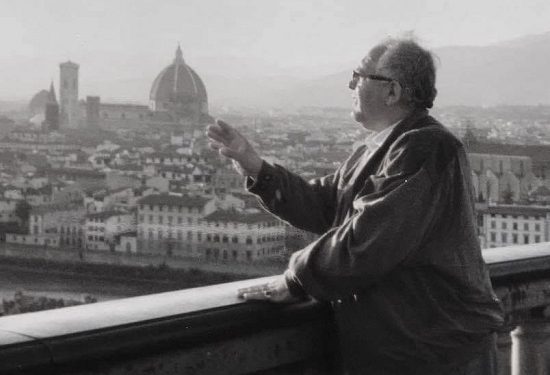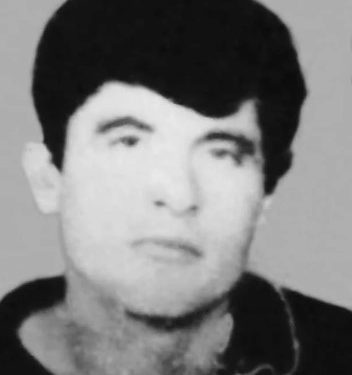By Skënder Tufa
Part One
Memorie.al / At 23:30 on 21.05.1973, Radio – Vatican would broadcast: – “In the 29-year-old frost of Albania, the first flowers bloomed”. A few hours earlier in Spaç of Mirdita, the revolt of political prisoners had begun. The Voice of the House of God was the first to speak out internationally, in support of this extraordinary event. The entry of the communists after the end of World War II has been called the real invasion of Albania, while I, seeing what it has done so far, would say that it is more than an invasion. The Pelasgian-Illyrian-Arbëror people have been usurped over the centuries by many greedy peoples such as the Romans, Byzantium, Slavs, Bulgarians and Ottomans. Centuries of suffering from them, after which destruction and poverty remained, did not alienate the man, the Albanian family, emerged intact in tradition, customs, and patriotism.
During the rule of old and new communism, this country has suffered the most serious social and human traumas which began when terrorist gangs descended from the mountains and bled the entire country to establish their power by raping, raping, robbing, torturing, imprisoning and shooting merchants, farmers, intellectuals, people incompatible with their line and methods.
A system based on the theory of “divide and rule” advanced and perfected in the dissolution of the family, mass terrorization by cultivating fear, introducing a sense of persecution in every person, the denial of religious faith and the destruction of religious cults. No, these methods had not been seen or heard in centuries, used by any invader! The human example that called destruction a value and forced human alienation an achievement.
With the motto; “work, vigilance, readiness” that was supported by the dictatorship of the proletariat, evil gained ground. Those who opposed or simply did not accept were automatically blacklisted and were potential candidates for exemplary punishments, not with curses or slaps but with political imprisonment, family internment, confiscation of property, discredit and public desecration.
The political prisons were filled from the first hours, when the boots, bloody even from the oppression of the Kosovar brothers, whom the communists made fish for the centuries-old enemy of Albania, descended on the self-liberated cities. Dozens and dozens of prison camps were turned into work sites for enslaved people, just because they thought differently, even though international charters prohibited the exploitation of the labor of political prisoners.
The poor working and living conditions, as well as the scarcity of food, had turned these places into veritable hells, where human lives had no value. Driven by the hatred of ignorant, illiterate shepherds, promoted to officers, they had become the most extreme extremes of human depersonalization.
It has been said that until the 1960s, two Nazi SS officers were held in Albania to instruct the cadres of the Ministry of Internal Affairs, but the methods used by the State Security of the communist dictatorship exceeded all expectations, using unprecedented and unheard-of practices in torture, such as filling the mouth with salt and leaving it without water, filling the mouth with human feces, raping family members in front of the defendant, and others like these, which exceeded human limits.
The communist system cannot exist without the help of the dictatorship because it is a utopia that is easily understood and seen to lead nowhere, and logically the violent dictate established in the system cannot be the solution needed for the well-being of a people, for prosperity, progress and wealth. Propaganda accompanied by violence dictated to citizens the collective lifestyle and work for survival.
It was done to secure, through deception and the sowing of fear, the rule of a group of bloodthirsty criminals, who had seized a people by the throat and in its name, interned, imprisoned, shot and destroyed everything national.
By exploiting the unpaid labor of political prisoners, hundreds of industrial plants were being built, thousands of hectares of swamps were being drained and thousands of residential apartments were being built, using these enslaved people like animals, without security and without working conditions, with miserable food and living conditions aggravated by the brutality, violence and torture of the guards, who had strained their patience to the maximum.
The criminal Prime Minister Mehmet Shehu, immediately after the break with the Soviet Union, would declare that he had thrown the keys of the political prisons into the sea and since then, no one had seen or heard of any possible amnesty.
It was the time when the Helsinki International Charter for Human Rights and Freedoms was drafted and approved, a charter that not only was not signed by official Tirana but was attacked as incompatible with it, because it served imperialism. It was precisely at this time that the accumulation of oppression would explode with a foundation-shaking echo. Here we have several interests intertwined. The government was faced with a general liberalization, acceptable and massively desirable, which frightened it for its security.
The oppressed, seeing the ignoring of international charters of freedoms and human rights by the communist government, understood that the extreme dictatorship would not make concessions to them. Power was in the hands of the power built on censorship, which controlled everything and for its own interests, made unforeseen, unimaginable scenes that it then smothered with blood, changing roles from arsonist to fire-extinguisher. Gunpowder only needs a spark to ignite, and they knew this well.
And behold, the taut wire snapped. Within that place that had accumulated insult, humiliation, violence, state terror, bloodshed, persecution of a people, explodes like unpredictable lava, the echo of the call for freedom. From the deepest funnel of the frozen gorges of those icy mountains, even for human souls, the flowers of the desired spring were blooming. What is important is what happened on May 21-23, 1973, in the Spaç prison. No, every moment, every protagonist, every persecutor, is important to be repeated to continue that extraordinary echo of that historical event, which still resonates strongly today.
The political prisoner Pal Zefi, was sentenced to a month in prison, for refusing to go to work. He had served his sentence, but the police did not release him. It is early morning; Pal was able to leave the prison by himself, a few minutes after the guard left, through the door that was left open. Equipped with an iron bar, which was found somewhere nearby, he entered the prison interior.
They would come, he was determined. An hour and a half later, at 6:30, the guard officer, Sigurimit operative Fejzi Liço (the head of the prison agent), with the ready group, entered the yard with great skill, demonstrating the means of force they carried with them, to take Pal Zefi, who was standing on the terrace, with the crowbar in his hand.
– “Convicted Pal Zefi, come down, throws the crowbar and come to the dungeon” – the officer calls.
– “No, for today forget that you are putting me in the dungeon alive, I have finished my 30-day sentence” – says Pali.
– “Who sells bravery; you get a mask, you stinking enemy. Mehdi is captured” – Officer Fejziu screams!
Pali was turned to stone. The other prisoners began to approach, admiring their hero who was carrying out the action that had been brewing inside each of them for a long time. The iron moved in Paul’s hand and fell on the shoulder of Mehdi, the head of the Technical Office or, the convicted deputy of the operative, could have fallen even in the middle of his head, but no, he was too clear and determined in his actions.
– “Even though you are a spy, you are a prisoner like me, go away because I don’t want to get my hands dirty with you” – Paul said, now ready to face the crime that tormented him and others every day, the crime that tore the hearts of mothers in great distress, the crime that left orphans, hungry children.
– “You,” the officer addresses a burly policeman, who, accustomed to the shaved heads and colorful clothing of these hulking men, with a stick in his hand, rushed to hit him, but Paul quickly dodged and hit him with an iron, he fell to the ground and with him, the prestige of the crime outfit. Then arrogance and impudence, a demonstration of strength was made, provoking all the prisoners and insulting them. Stupidity, malice or a deliberate act? The prisoners, in love with their image, watched this scene, seething inside. The soul, the wounds, the pain, was reacting, which released energy, not flame.
– “Catch him” – the officer shouts, the policemen all rush and knock the “rock” to the ground. The Shkodran boy Pavllo Popa, jumps first among the policemen in defense of Pali, shouting – “What have you done to him? Let him go”! The operative wanted to strike, but Syrja Lame’s fist knocked his hat to the ground. That hat with the red star, which was rolling under the prisoners’ feet, was the bell of the volcano’s eruption.
Immediately electrified, 16 slaves sprang onto the battlefield; Jorgo Papa, Hulusi Pashollari, Demir Pojani, Dashnor Kazazi, Rexhep Lazëri, Fadil Dushku, Sulo Veshi, Muharrem Dyli, Pandi Sterjo, Hasan Ivo, Haxhi Bena, Çaush Çoku, Jorgo Papa, Spiro Nasho, Skënder Daja, Luan Koka….! The policemen with clubs, those with pain, a “crime machine” fight with a torn soul. No, they were so noble that they didn’t want to tear them apart; they just dragged them out of the prisoners’ territory, beating them, to show that oppression had been established there.
Around 13:00, the Director of the Directorate of Penal Enforcement (Director of Prisons), Sulejman Maloku, who was in Spaç prison, asked for permission to meet with the prisoners, who accepted him? He spoke calmly, apparently interested in keeping the protest tones low. He listened to their requests, which initially were: “Let’s not go to work, in the mine. Let’s not punish anyone, since it was the police who provoked the incident. Let’s have an amnesty, because no one has been released for years.”
He approved their requests. – “Yes, it’s right, releases should be made. We will analyze the incident and the perpetrators will receive a warning. You continue, because no one has anything to do with you.”
Thus said the Director of Prisons, leaving a calm atmosphere within the encirclement. But do the communists believe it?! At 3:00 p.m., the Special Forces (so quickly, out of nowhere, were they with the Director of Prisons?!) enter the prison yard and begin to take one by one, the people who reacted. – “I want the command for clarification” – they said in a hurry. – “The command is not above the Director of Prisons”! Who were these people dressed as if for combat, who were taking the prisoners?!
Pavllo Popa escapes from their hands and enters among the prisoners. – “Tirana Special Forces! They are arresting them! The Director deceived us”! Concerned voices were heard. – “Get up, guys, protects the boys” – said an old mountain man. The prisoners formed a barricade and began to close ranks. Other forces equipped with heavy clothing, with sticks and irons in their hands, entered and attacked the physical barricade. The fight began; those specialized in beatings, facing bodies crushed by beatings. The slaves of the dictatorship, faced with its strength!
Madness? Momentary ignition? No, it was lava pouring from an overflowing cup. It is difficult to describe in detail that fight that surpassed the matches in the arenas, where order roared, raged, violently attacked with the superiority of power, over the r=resistance of those who had nothing left, except their soul and pain! We’re not the gladiators of the arenas, in the same conditions?
The sticks and irons in the hands of the sampists, shot mercilessly at the crushed bodies, their kicks with nail-studded shoes, drew blood from those bodies, every time they struck them. There, alongside the bleeding, there must have been a great power. Thus violated they rose and fought, perhaps it was their souls that continued the battle, since their bodies, weakened by torture, slave labor, malnutrition and mistreatment, were weak in the face of the power of powerful crime. No, they were winning, foaming, crawling, bleeding, the sons of evil would begin to sway.
The wise old man, the little one, Pjetër Gjoka, standing on a stone, was rejoicing like a child and began to follow the fight, shouting heartily: – “Ooo, one where the brave men of the weather were resurrected. The Albanian manhood has not died. O come down, falcon, for my brave eyes have not seen me. O come down, nightingale, for you have resurrected this place and greened my soul. O come down, may the milk of your mothers be lawful for you”! He resembled a trumpeter who gave a hoot.
The echoes of the old man’s voice were accompanied by the cries: – “Down with communism, – down with dictatorship, – you are criminals, – Albania like Europe, – your end is coming”! Two of the Special Forces had put down a prisoner; three prisoners had put down two opponents. A fight, which led the crowd from one side to the other. Colorless hands that emerged from the bottom of hell, to shake the foundations of inhumanity, were waging the battle of revival. They were winning the ground with their palms.
The Special Forces were already in the hands of the resistance that fought hand to hand, taking them out of the prison territory, bloody. An unequal fight with wounded on both sides. The battle was won by the defeated. No, it was more than a battle because there the sunken virtue encountered the bloody crime, the destructive dictatorship encountered the sons of freedom, the black communism encountered the national humanism, and the usurping power encountered the denied legitimities.
Finally, that piece of land was free. Within these bewildered people, the fragmented human feeling began to bloom. Echoes of voices, echoes of screams, echoes of resistance. At least their sons and those who would come later would learn that there in those wastelands, the anti-dictatorship lava erupted.
64-year-old Kuksjani Jemin Gjoka, with Ded Bardhi and two or three others, were burning the emulation stands, the works of the dictator Enver Hoxha came out on the square and began to burn. A complete scene of a thirst for change, only that something was still missing, to make the revolt more complete!
– “Hey Gjet Kadeli, even your father in America will hear about this revolt”. A slight smile on Gjeta’s face. – “Yes, Bedri Çoku, it’s just that we are political prisoners, so far this uprising has not taken a political form”!
– “So – says Bedriu – what should we do”?
– Let’s raise the real national flag, without the red star, the symbol of communism, only in this way we identify ourselves as political protesters”.
– “Good idea, but where can we find it”?! – says Bedriu.
Finally, the red piece was found and the convict Mersim Vlashi, (who was also a self-taught painter), made the eagle without the communist star with shoe paint. The desired flag that was torn by the internationalists without religion and without a homeland. With circumstantial means, a spear was improvised. In the corner of the third floor of the prisoners’ dormitory building, that flag that was banned for 500 years by Turkey and 26 years by the communist government finally began to wave again there among the mountains.
That piece of land was now effectively an independent country, in the hollow of the communist cocoon and the action taken was to stop the tick-tock of the dictatorship. For three days, but it was a stop. A hail of bullets on that piece of meringue, an improvised flag, where national dignity stood. Shuaip Saiti, Ndrec Çoku and Haxhi Bena, guarded the flag. Memorie.al
To be continued in the next issue




